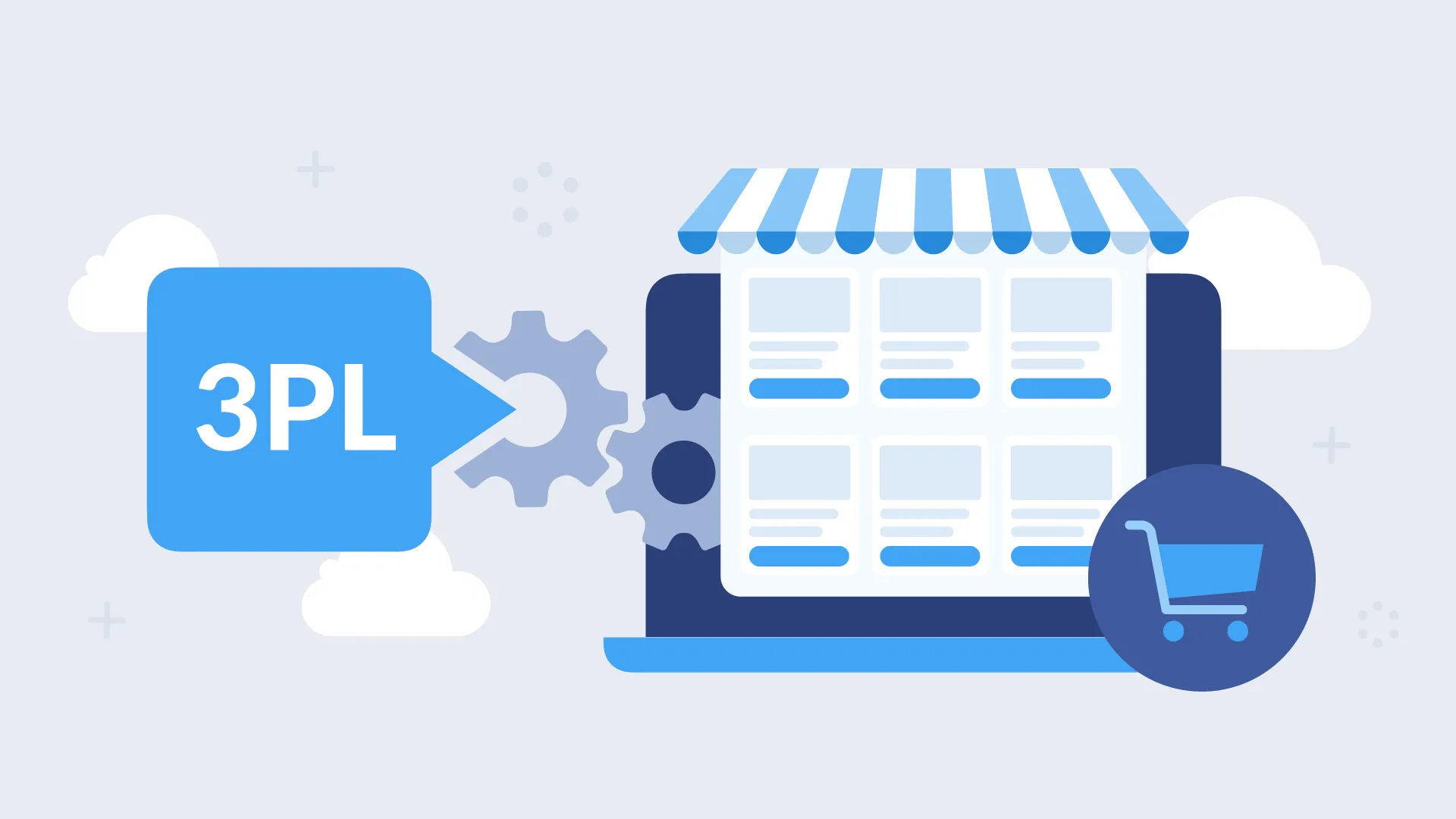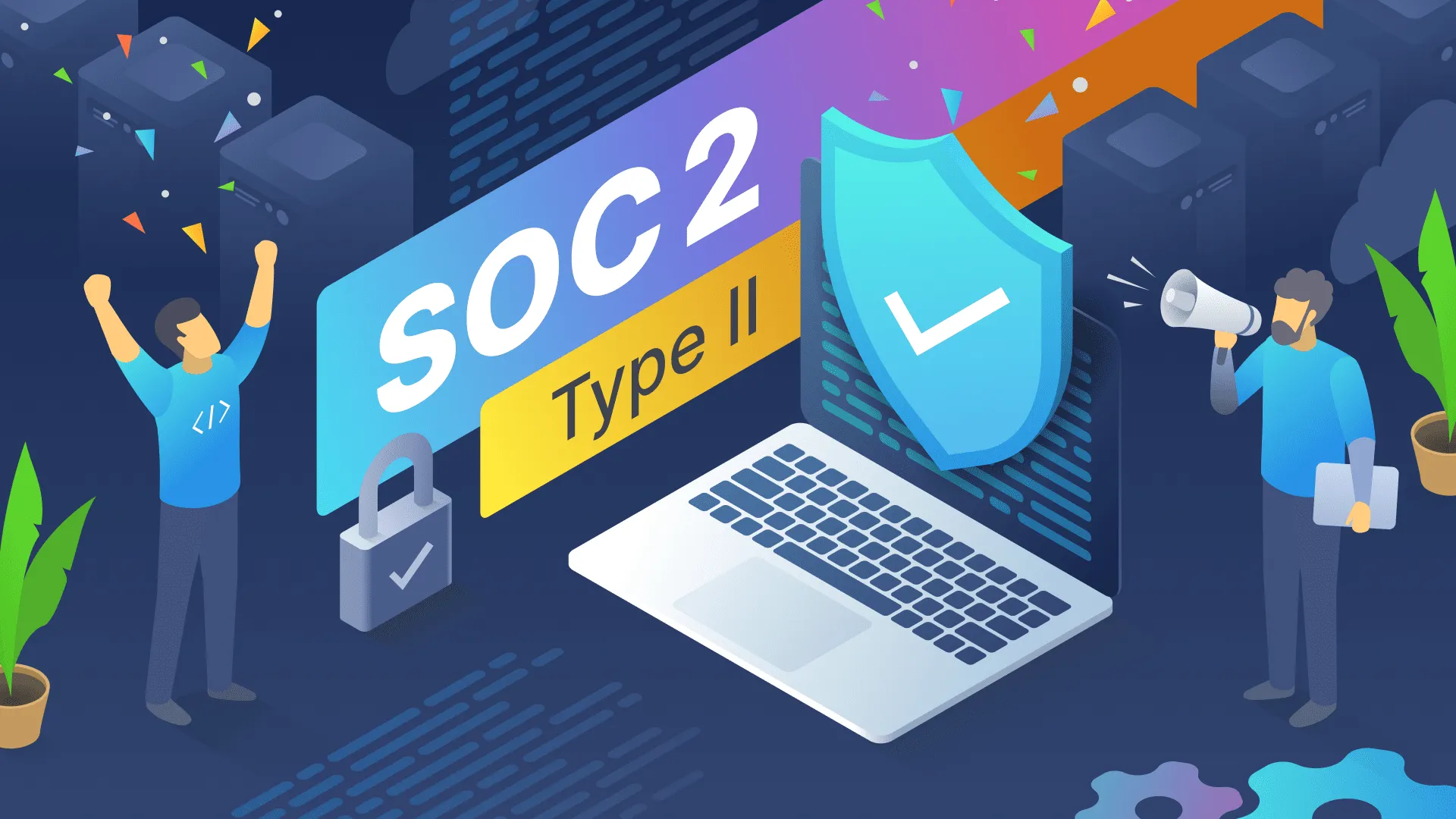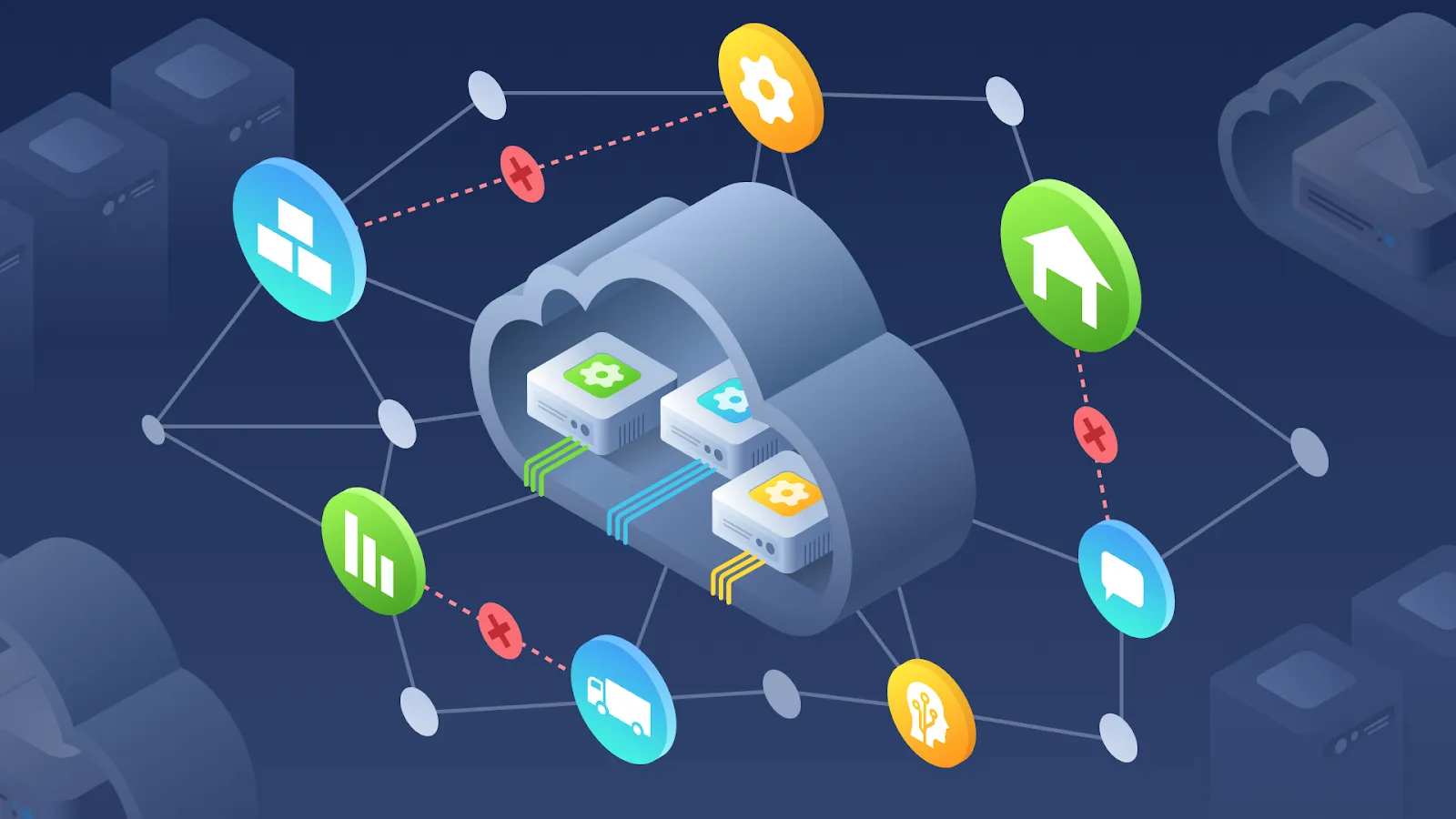Nowadays, the significant increase in e-Commerce represents its golden age. Each business can create its online store in thirty minutes using specific cloud-based platforms such as WooCommerce, Salesforce, or Magento. The particular situation also means that third-party logistics providers (3PLs) gain an additional channel for reaching new customers. They can analyze different e-Commerce platforms used by potential clients to provide further integration.
That will also make future cooperation between 3PLs and clients smoother. After all, the 3PLs Study states that 73% of the 3PL users feel that 3PL services provide innovative ways to improve logistics operations.
So what are the key eCommerce platforms for 3PLs to integrate with? What are the top must-have e-Commerce integration practices? And why are 3PL providers helpful for e-Commerce brands? Read in our blog post.
Key e-Commerce platforms overview
According to a Statista report, 67% of surveyed 3PL services worldwide consider finding and retaining customers among top challenges. For 3PL providers to grow, there is a need to emphasize the work they do best and ensure potential customers why a relevant alternative is also the best for them.
At the same time, Shopify states that ‘the total global retail e-Commerce sales are projected to reach $4.9 trillion in 2021’. Thus, paying attention to the astronomical surge in adopting e-Commerce, 3PL services should consider integration with popular e-Commerce platforms as a new way for finding new clients.
Here we describe several key e-Commerce platforms that 3PLs can integrate with:
Shopify. Being one of the leading e-Commerce platforms, Shopify offers a convenient SaaS (software-as-a-service) solution for companies-newbies. They do not need any technical skills to create an online store and professional designers to install a chosen theme proposed by the official Shopify marketplace that is also full of useful apps and plugins.
This e-Commerce platform has an easy-to-use intuitive interface for publishing content, such as products, descriptions, images, and so on. Shopify provides an opportunity for adding an unlimited number of stock-keeping units (SKUs), creating a hundred variants of a single product and selling in different currencies. Also, Shopify allows cross-channel e-Commerce (via Facebook, Instagram, or Amazon), offers built-in tools for email marketing and analytics, and has a built-in function to set various shipping rates.
Magento Open Source. Magento provides clients with fundamental commerce functionalities and promising scalability options, along with free core code. At the same time, this e-Commerce platform offers multiple customization opportunities. Magento Open Source is more affordable compared to other e-Commerce solutions and brings more flexibility to third-party integrations.
This responsive and mobile-friendly platform has a significant set of features for running a mid-sized store. These include catalog management, global management, and efficient tools for marketing, promotions, and conversion. Lastly, a large community of platform users has promoted the appearance of extensive documentation regarding Magento use.
WooCommerce. This WordPress plugin has an open-source modifiable code and can transform websites into stores. Thanks to the easy setup and use, this e-Commerce platform covers the largest market share. But its frequent use does not mean WooCommerce is suitable for all. Only small companies looking for traditional commerce functions can gain the most benefits from the particular solution.
WooCommerce offers an intuitive admin interface and makes it easy to start selling due to a fast setup. Its marketplace is very large - more than 55,000 extensions and plugins, with the opportunity to customize. Besides, this WordPress plugin requires no transaction fees, provides easy integration with several renowned payment gateways, including PayPal, Stripe, or Square, and brings core SEO and marketing features to its clients.
BigCommerce. Today, this SaaS subscription-based platform is considered one of the strongest in the e-Commerce market. BigCommerce is especially suitable for small and medium-sized businesses because it allows creating and launching online stores in a few days.
The platform can accommodate about 600 variations of each product and offers numerous built-in sales features, including ratings and reviews related to real-time shipping quotes. That helps reduce the website’s total cost of ownership (TCO). At the same time, BigCommerce offers unlimited products, along with file storage and bandwidth. Among great advantages are also the absence of transaction fees and integration of 55 payment gateways.
Salesforce. This cloud SaaS e-Commerce platform belongs to the most trusted ones; it allows growing business around customers quickly. Many companies prefer integrating Salesforce for the high scalability due to cloud hosting, flexibility, and stability that does not depend on sales season or traffic.
The particular platform offers an easy-to-navigate admin panel and customizable dashboards, along with reliable security upgrades. Moreover, clients can integrate this e-Commerce platform with third-party systems easily, such as Salesforce native custom relationship management (CRM) system or AI-based marketing tools. After all, Salesforce provides numerous languages, multiple currency checkout, and different localized payment options.
OpenCart. Merchants can download this open-source e-Commerce platform for free and benefit from its extended functionalities with many pre-built plugins and modules. In the case of having some programming knowledge, companies can customize it manually. Ultimately, OpenCart does not require high startup costs and serves as a perfect platform for e-Commerce brands that intend to provide their websites with unique looks and feels.
OpenCart allows modifying the code and experimenting with the online store’s interface or functionalities. This e-Commerce platform offers fundamental sets of commerce features necessary for running a store, more than 30 integrated payment gateways, and multiple integrations. Its marketplace provides over 13,000 themes, plugins, modules, and different extensions, while it is also possible to add an unlimited number of products and categories.
Top-10 must have e-Commerce integration practices for 3PLs
Logistics experts believe that integration with an e-Commerce platform should serve as the core for a 3PL entire organization. In the modern age, applying standalone software solutions, like Excel, or depending on the on-premise warehouse management system (WMS) to manage relevant operations is not productive as 3PL services grow and develop.
Here we detail the top ten e-Commerce integrations for 3PL providers:
Shopping carts. With the increasing online sales, clients of 3PL services need the expertise of their 3PL providers for integrating with the most popular shopping carts as that helps grow their e-Commerce brands. Integrating a well-connected WMS with the leading shopping carts allows 3PLs to receive customer orders immediately and eliminates the need to enter orders manually.
Besides, as a critical interface the end-users often interact with, any information regarding order status they want to know about should start and end with a shopping cart. Thus, the data about available products, product descriptions, delivery status, or other updates need to be here. That is traditionally achieved by connecting application programming interfaces (APIs) with WMS, CRM, order management system (OMS), or enterprise resource planning (ERP) systems.
Order management. To satisfy all the customer requirements, there is a need to integrate order management software with different e-Commerce platforms to collect the necessary data. That is the reason why e-Commerce integration is crucial for the company’s order management system. It helps provide e-Commerce brands with their primary functionality. Thanks to integrating with various shopping platforms, companies can add, retrieve, delete, or sync the information from their online stores in real-time. That also allows simplifying and streamlining the fulfillment process.
Inventory management. E-Commerce inventory management serves as an organized method to store, track, and ship the company’s inventory. This process includes all operations from ordering and restocking the inventory to its forecasting. Integrating with an e-Commerce platform makes it possible to prepare for unexpected situations, including product run-outs, miscalculating storage requirements or space, delays in manufacturing, or cash flow issues.
Packing. Integrating with e-Commerce platforms can improve the WMS of the 3PL provider as it promotes automating manual tasks, such as picking, packing, and shipping parcels. An intuitive WMS should provide master pick tickets for effective picking and further hands-free packing, along with order verification. Meanwhile, there should be direct access to all 3PL’s shipping partners and automatic label printing. Also, the particular WMS should offer the opportunity to shop for the best possible shipping rates. That all must be in one interface.
Shipping/delivery methods. In terms of e-Commerce fulfillment, shipping e-Commerce integration offers an opportunity to provide online stores with direct shipping functionalities. That also allows streamlining not only the checkout but also the delivery process. For example, shipping API integration serves as a conduit between receivers and couriers. Such APIs are crucial for creating and maintaining a positive e-Commerce customer experience because they promote automating the most complicated processes of online retail.
Parcel tracking. The appropriate integration with an e-Commerce platform allows monitoring all of the company’s online orders and shipments and communicating the order status or even parcel location to the customers in real-time. That also includes critical features, such as shipment tracking, estimated delivery rates, or frequent updates regarding the order status. Integrating with e-Commerce platforms helps improve customer experience as they have clear expectations for their delivery or can be notified of different delays or other issues.
Proof of delivery (POD). POD serves as a receipt that provides the receiver’s acknowledgment of the parcel delivered in an appropriate condition. Integrating with an e-Commerce platform allows drivers to show POD by adding the receiver’s contactless signature, photos, notes, or parcel barcodes to a relevant software system in real-time and offers other features, such as geotagging. Finally, the ability to capture digital signatures from clients results in saving time for couriers and back-office and eliminates the need for paper documentation, scanning, and archiving.
Shipping/delivery methods. In terms of e-Commerce fulfillment, shipping e-Commerce integration offers an opportunity to provide online stores with direct shipping functionalities. That also allows streamlining not only the checkout but also the delivery process. For example, shipping API integration serves as a conduit between receivers and couriers. Such APIs are crucial for creating and maintaining a positive e-Commerce customer experience because they promote automating the most complicated processes of online retail.
Billing software. As there are numerous service agreements, hundreds of billable events, and different billing cycles, integrating with a popular e-Commerce platform helps 3PL providers invoice all clients quickly and accurately. Besides, the integration with billing software provides automatic sending of invoice details or billing reports and helps capture various billing workflows for specific services charges depending on the individual client basis, cut down billing time, and reduce 3PL’s cash. That allows spending more on other core functions.
Mobile barcode devices. Employees at the facility use these mobile scanners for counting inventory accurately, processing SKUs quickly, and providing inventory visibility for clients. Such an efficient, cutting-edge technology can serve as the competitive differentiator that helps retain clients and attract new ones. Thus, 3Pls should have integrated mobile barcode scanners to ensure accurate and effective pick and pack operations in real-time.
Communication with customers. Among the best approaches to satisfy clients is to provide them with full information regarding their inventory. Integrating with e-Commerce platforms help 3PL services deliver such information through a permissions-based client portal, automatic notifications about warehouse events (for instance, low inventory levels), or tracking delivery status in real-time.
Why are 3PL providers helpful for e-Commerce brands?
Modern 3PL services are widely successful for different reasons. One of the most critical advantages of integrating e-Commerce brands with 3PL providers is convenience. When someone else can take care of the logistics operations, e-Commerce brands can spend more time and resources on other business activities and improve them.
Here we detail some major reasons for e-Commerce companies to integrate with 3PL services:
Lower expenses. Using 3PL providers for conducting logistics and supply chain functions helps increase an organization’s savings potential. There is no need for companies to pay for warehouses or shared industrial spaces or hire a relevant fulfillment team. Besides, 3PL providers take responsibility for liabilities, including damaged inventory, broken equipment, or different accidents in the facility or during transportation. Thus, 3PLs bear such expenses and other operating costs regarding equipment, staff training, and IT systems.
Leaner workforce. Cooperating with 3PL providers prevents the company’s workforce from unnecessarily bloating. Clients can forget about hiring, certificating, and managing ancillary workers, such as delivery drivers or warehouse personnel. These employees are hired by their 3PLs, which allows spending more time to build a front-end business team.
Enhanced delivery and distribution. Thanks to 3PL services, many small and medium-sized e-Commerce companies find it much easier to expand the distribution networks and reduce delivery times with no need to build more logistical infrastructure. That makes it possible for such e-Commerce brands to compete even with big-box retailers and promotes them to consider 3PL as a critical part of the efficient customer satisfaction strategy.
Scalability on demand. 3PL services offer to e-Commerce brands a scalable solution, which allows expanding operations to meet growing demand. The particular feature is especially useful for SMEs that can have difficulties in upgrading logistical operations to satisfy customer demand. After all, cooperating with 3PL providers helps e-Commerce companies be more responsive to various demand surges - for example, during the holiday seasons.
Partnership with professionals. Without the required experience and expertise in the logistics industry, e-Commerce brands cannot be as efficient as 3PL providers because supply chain and fulfillment are the specialties of the first ones. Thus, 3PLs know how to apply IT solutions for minimizing bottlenecks and maintaining the smooth run of the supply chain.
The bottom line
According to Nasdaq, ‘by the year 2040, it is estimated that 95% of all purchases will be made through e-Commerce.’ Such rapid growth of e-Commerce and omnichannel fulfillment can place 3PLs under pressure regarding support of their clients, especially online. Today, in a modern e-Commerce landscape, customers demand a high level of visibility - they want to know the availability of products, the time of their arrival, and all steps it takes for delivery. That is when integration with e-Commerce platforms comes in handy.
Leveraging different integration approaches, such as APIs or electronic data interchange (EDI), helps create an e-Commerce ecosystem that will be scalable and robust enough for satisfying customer needs. Flowing data between systems brings the best possible experience to end-users. That not only promotes them to come back and drive business but also attracts new clients. Thus, integrating with e-Commerce platforms provides end-users, 3PL clients, warehouses, and carriers with the appropriate visibility and operational effectiveness.
Have you already integrated with an e-Commerce platform? What benefits do you find the most valuable for your company as a 3PL? Or what e-Commerce platform would you choose for your organization? Share with us in the comments below.
How AgileVision can help
Over the past several years, AgileVision has helped many 3PL companies integrate with e-Commerce platforms. Are you considering the e-Commerce integration as a new approach to implement or need advice on your current systems?
Need help with your cloud architecture?
Schedule a Free Consultation




